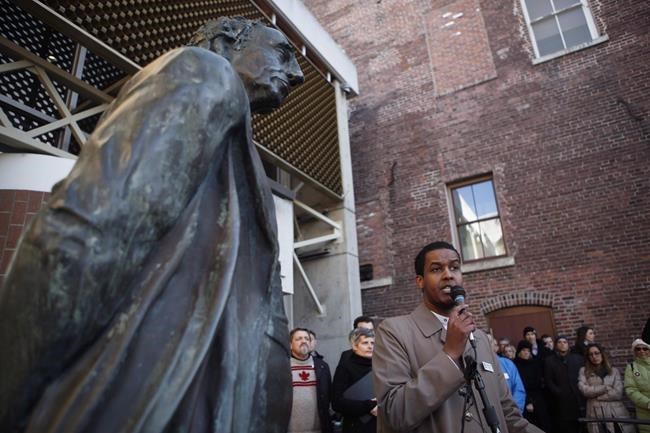In politics, “how” is just as important as “what” and “why.” It’s hard enough to come up with good policy. But sometimes, all the good that can be done is quickly undone if it’s seen as being done for the wrong reasons, or the wrong way.
Remember the HST? Economists more or less universally praised a harmonized sales tax as better for governments, consumers, efficiency, you name it. It’s the kind of bold, progressive move you might expect from B.C.’s current NDP government, except for the fact that, just seven years ago, it ended the career of one of Canada’s most successful politicians.
Because none of those good reasons mattered.
Gordon Campbell’s government had expended much public goodwill, had possibly gotten a touch comfortable, and had just emerged from an election where harmonizing taxes wasn’t discussed or broached in any meaningful way.
That’s not to excuse some of the more kneejerk objections or indulge any of the more embarrassingly inane accusations of conspiracy. The provincial government got a better offer from Ottawa, and pounced. Too quickly and rashly, it turns out, and everyone agrees the timing sucked. But the evidence is that’s what happened.
Again, it didn’t matter, and Campbell had to resign.
We’re seeing a much more recent example of a similar phenomenon with Doug Ford’s new government in Ontario. (You might have to set aside some revulsion at anything to do with Doug Ford here.) Behind the shock and bluster of his announced move to cut Toronto’s city council almost in half, there’s a fair question, and a possibly defensible view. Namely, does Toronto really need 47 city councillors, and could a bit of pruning and consolidation be a good thing?
It doesn’t matter.
Even if Toronto would be better served with 22 fewer or 100 more councillors, eliminating positions during active election campaigns to fill them is, in the most charitable interpretation, hasty.
(And you’re forgiven for suspecting his real motives are less “fiscal conservatism” than revenge.)
This brings us to Victoria, and what Ford would presumably call an admirably compact council.
Mayor Lisa Helps would probably not like the implicit comparison to Campbell and Ford, but her decision to remove a statue of Sir John A. Macdonald with minimal consultation feels very similar, right down to the ugly public blowback it caused.
There are good and powerful reasons to have a discussion about public iconography in Victoria and Canada, not least of which is Helps’ stated commitment to reconciliation. If you were expecting a “but” after that sentence, sorry to disappoint. The problem, once again, isn’t the idea, but how it was unrolled — as though it were too important or delicate to let people know about it, much less have their say.
You might argue Helps was right, and the resulting demonstration (and vandalism) have proved her point. Fair enough. But if you’re anticipating a bad reaction, all the more reason to be careful and let the issue breathe. And no matter what, “we’d consult you, but you’d probably get it wrong” isn’t a good look, especially this close to an election.
So what’s the solution? Here’s where it gets tricky.
Once the public perceives you as having concealed a decision because you didn’t trust them, you can’t just ask them after the fact; it becomes a self-fulfilling prophecy. For example, the HST referendum was always doomed to fail, because by that point, it wasn’t really about tax policy, but giving the government a slap for ramming it through.
If Ford reversed course tomorrow, and put his plan to a vote, it might likely suffer the same fate — though admittedly, this one is murkier, because he’s still new, and either way, you get to punish politicians.
If the City of Victoria put removing the statue to a vote even a month ago, the results would likely be different than they would be now. Because the underlying issues of Canada’s complicated history and how we choose to acknowledge it have become just that — underlying. In Victoria, they’ve been superseded by a sloppy, rushed process and politicians who, for whatever reason, didn’t want the people they represent to get in the way.
And that’s a shame.
Maclean Kay was former premier Christy Clark’s speechwriter for five years.



